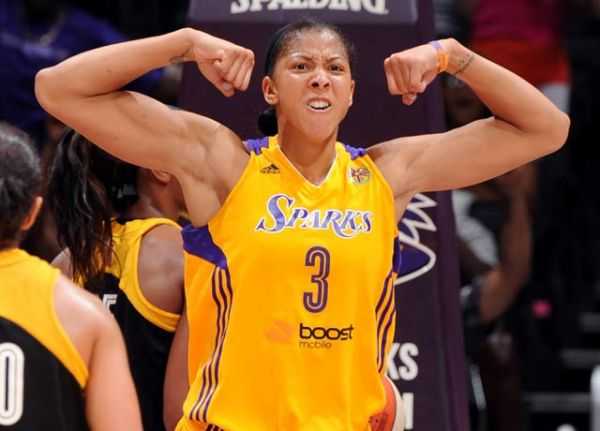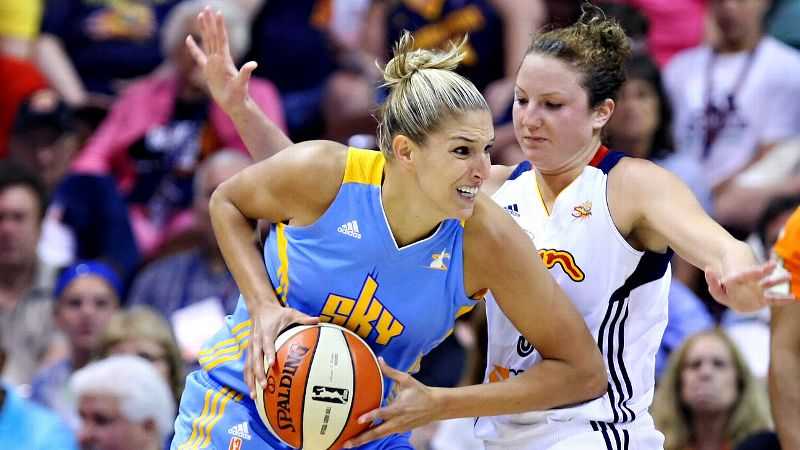Training camp holdouts are nothing new in the NFL, with stars from the past such as Eric Dickerson, Emmitt Smith and Terrell Owens leveraging their skills on the field over their respective front offices at the time. In recent years, though, we have seen that several NFL superstars are beginning to recognize that they might have even more power than they initially thought.
Holdout History
Eric Dickerson entered the NFL as the second overall draft pick by the Los Angeles Rams in 1983. He went on to have a stellar rookie season; winning the rushing title with 1,808 rushing yards, 18 touchdowns on the ground, averaging 4.6 yards per carry and taking home the rookie of the year award. Despite this immense success in just his first year in the league, Dickerson outdid himself the following season. Taking home his second rushing title in just as many seasons, and setting the still-standing NFL record of 2,105 rushing yards in that 1984 season. He also made it to the endzone for 14 rushing touchdowns and averaged 5.6 yards per carry. Dickerson had two of the best seasons for a running back in NFL history, in just his first two years in the league.
Before any of this big league success for Dickerson, he had signed his four-year rookie contract in 1983 worth $2.2 million. A contract that he was looking to extend, and even sat out the first two regular season games of his third season, in order to do so. He began his 47-day holdout towards the end of July, and although he and the rams finally came to an agreement two days before their game in week 2, he did not make his 1985 debut until week 3. The agreement was that the Rams would pay Dickerson $4 million worth of disability insurance coverage for the 1985 season while he and the organization would negotiate a ‘good-faith’ offer throughout the season while he played. Although the timing of these negotiations (done throughout the season) broke club policy at the time, the Rams gave in and more or less submitted to the star running back’s demands.
Holdout Evolution
After this long and ultimately victorious holdout, Dickerson had yet another solid season and led the Rams to the NFC championship game. His controversial pushback on his front office set a new precedent for power that superstars in the future could have. After leading the league in rushing yards in 1992, Dallas Cowboys star Emmitt Smith was set to be paid $465,000 in 1993. Smith sat out the first two games of that season where Dallas would start 0-2 while being outscored 48-26. After Dallas gave in and made Smith the highest paid running back in NFL history (at the time), they would become the first team in league history to win the super bowl after losing the first two games of their season.

Although it took just a small amount of fines and sacrifice, Dickerson and Smith exercised the art of the holdout nearly to perfection. And this art is not something that is lost on players in recent history and in the league today. Just last offseason the league saw arguably it’s two biggest defensive stars, and one of its most notable running backs, cause a stir when they contested their respective front offices throughout the offseason.
The NFL’s rules and limitations on player contracts, specifically rookie contracts, have intensified in the years since Dickerson’s and Smith’s holdouts. There are two years left on the NFL’s current 10-year collective bargaining agreement. This current CBA is quite restrictive when it comes to a players accrual of service time toward free agency, and regular-season game checks can even be docked for every preseason game missed by a player holding out. A new section in this current CBA is the current rookie pay scale that most of the NFL and its fans can agree is exceeding in length. Drafted players are required to sign four-year contracts with predetermined salaries, and are prohibited from negotiating their next contract until after their third year. All of these sections of the CBA, along with the franchise tag feature, are intended to create a more cost-intensive contract holdout for the player.
Aaron Donald sat out his second consecutive training camp in 2018, and missed all of the Rams offseason programs, reporting just ten days before regular season week 1. He eventually reached an agreement with the Rams in time for the regular season that would make him (at the time) the highest paid defensive player of all time. He went on to win his second consecutive defensive player of the year award, and helped bring the Rams to another Super Bowl appearance.
The highest paid defensive player of all time (surpassing Donald’s contract) inked his new deal after an impactful holdout in Oakland before the 2018 season. Khalil Mack began his holdout with standard holdout negotiations at the beginning of the offseason, and that blossomed into a beef with the Raiders organization that had NFL fans scratching their heads. Once the Raiders realized they were not going to be able to extend Mack, they began trying to maximize the return they could get for him in a trade. This resulted in the massive trade to Chicago for the former defensive player of the year, and he quickly inked a record-setting new deal that would keep him in the windy city for the long haul. Mack got what he wanted, and more. He went on to have a monster season for the now contending Bears.
Holdouts Now
These two are modern examples of masters of the art of the holdout, but what about Le’Veon Bell? Was the former steelers all-purpose back expecting a holdout that would have a similar conclusion to Dickerson’s or Smith’s? Was he expecting it to all be resolved within a few weeks into the regular season? Jerry Jones flew to meet with Emmitt Smith personally during the infamous 1993 holdout, with the intention of bringing him back as the highest paid running back and returning him to the Dallas locker room. Bell received no such love from the Pittsburgh organization. In fact, the team had already moved on from him midseason, as he had yet to report to the organization. Bell sat out the entire season. He had one goal in mind: to get paid for the work he has put into his successful career and become the highest paid running back in the NFL. He came close to his goal with his new deal in New York, but ultimately came out a loser of a messy and prolonged holdout. He’ll be making the big bucks as the new Jets running back, but he failed to master the art of the holdout.

With Michael Thomas ending a swift holdout in New Orleans (signing a record-setting deal that the Saints will ultimately end up regretting), there is one less frustrated position player in the NFL now. With the not-so-surprising holdout from Cowboys back Ezekiel Elliot, the slightly surprising dispute between Melvin Gordon and the Chargers, and the holdouts from edge rushing stars Yannick Ngakoue of the Jaguars and JaDeveon Clowney in Houston, there are more than a few young stars right now out to prove that they can master the art of the holdout. Jadeveon Clowney seems to be in the toughest spot with the franchise tag system limiting his negotiating rights during the season. While Dee Ford, Trey Flowers and Demarcus Lawrence all had big paydays this offseason, look for the Jaguars to offer Ngakoue a deal somewhere in the $18-20 million range.
Look, it’s an easy, and frankly, a surface-level judgement to ridicule the superstars of the NFL who fail to show up to offseason and preseason activities, for what fans may view as purely selfish reasons. But if the market demands the price, and the player has concrete proof on the football field that he has earned the money, how can you tell the man to not push back and try to get what he feels he’s earned? The off-the-field distractions are my only frustration with the holdouts that bleed late into the preseason. This tactic will inevitably create some distance between a player and his teammates that has to be made up at some point. If a contract holdout late in the offseason is the reason for a slow start to the regular season, I can understand the frustration from fans and the organization.
Guys like Dickerson, Donald and Mack have made an art out of it though, dominating on both sides of the money. The superstar before the big contract, and the superstar after the big contract. The players who have mastered the art know that once the extension is signed, they have to go out on the field and earn it all over again.






